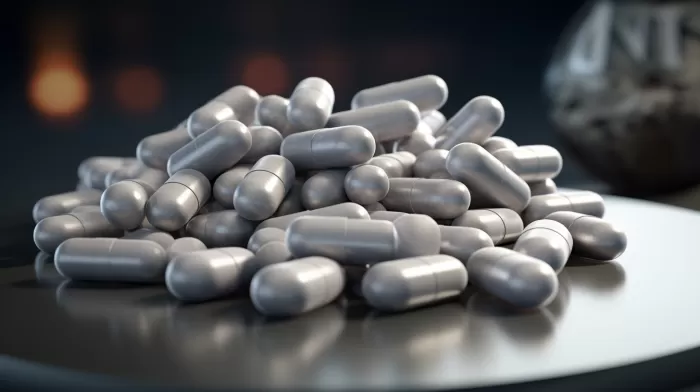Age and a weakened immune system can suddenly turn minor illnesses into serious health hazards. However, incorporating a little zinc into your diet can help reduce the toll of aging on your immunity. Zinc is crucial for cell division and growth, playing a vital role in your body’s ability to build proteins and maintain enzymes that aid various healing processes. Consequently, zinc has a significant impact on supporting your immune system.
Although zinc deficiency is not widespread in the United States, research indicates that older adults are at an increased risk of insufficient zinc intake. In a study conducted on nursing home patients aged 65 and above, it was found that 30 percent had low zinc levels. The same percentage of patients lacking in zinc also had a substantially increased rate of severe infections, including fatal cases of pneumonia.
This deficiency is not confined to older adults in nursing facilities but can affect anyone, regardless of age. Despite the concerning statistics, doctors involved in the study observed that a majority of the zinc-deficient patients reached sufficient zinc intake levels through supplementation, and subsequently, their immunity against infections improved.
Signs of a zinc deficiency
If you suspect a lack of zinc in your diet, some common signs include:
- Recurring skin sores
- Hair loss
- Poor appetite
- Night blindness
- Difficulty with smell or taste
- Frequent infections
- Slow wound healing
- White spots in the fingernails
- Dandruff
- Acne
Additionally, if you have gastrointestinal issues such as irritable bowel syndrome, ulcerative colitis, or Crohn’s disease, there is a high probability that your zinc levels are low. These conditions hinder your body’s ability to absorb nutrients from the foods you consume. Those who follow low protein or vegetable-based diets are also likely to have inadequate zinc levels.
If you are unsure of your zinc levels, consult with your doctor or try an at-home test.
How to increase your zinc intake
To boost your zinc intake, consider changing your diet, taking daily supplements, or combing the two options. Since your body cannot store zinc for extended periods, it is essential to establish a daily habit to overcome zinc deficiency.
Incorporate the following zinc-rich foods into your diet:
- Shellfish, such as crab, lobster, and oysters
- Lean beef
- Pork chops and loin
- Nuts like cashews and almonds
- Dark meat from chicken
- Kidney beans
- Flounder
- Eggs
If you decide to take daily supplements, look for a chelated zinc or zinc chelate variant, as these offer the highest absorption rate. Chelation binds organic molecules to the metallic mineral to boost its bioavailability. In the study mentioned earlier, patients who took a daily supplement containing 30 mg of zinc showed the most significant improvements. Make sure to follow your doctor’s recommendations on proper zinc supplement dosage.



